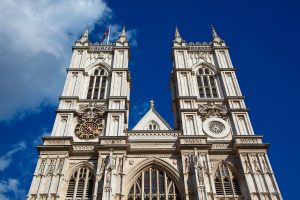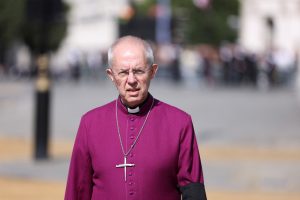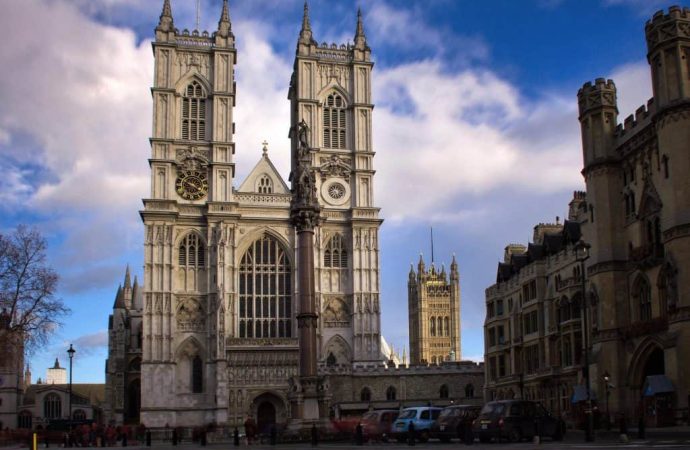Introduction Amid growing calls for reparations and acknowledgment of historical wrongs, the Church of England finds itself at the center of a significant debate. Advocacy groups are urging the church to amplify its commitment to justice by increasing its slavery reparations fund from £100 million to a monumental £1 billion. Historical Context The Church of
Introduction
Amid growing calls for reparations and acknowledgment of historical wrongs, the Church of England finds itself at the center of a significant debate. Advocacy groups are urging the church to amplify its commitment to justice by increasing its slavery reparations fund from £100 million to a monumental £1 billion.
Historical Context
The Church of England, like many historic institutions, has acknowledged its historical links to slavery. Historical records reveal that some clergy and prominent figures within the church were implicated in the transatlantic slave trade. The current £100 million reparations fund was established to address the repercussions of this dark chapter in history.
The Case for £1 Billion

This image is taken from google.com
Advocates argue that a £1 billion fund is a more fitting response to the magnitude of the harm caused by the church’s historical involvement in the slave trade. This larger commitment, they contend, would demonstrate a genuine commitment to reparative justice and help address the enduring impact of slavery on Black communities.
Comparative Table: Institutional Slavery Reparations Funds
| Institution | Initial Fund (GBP) | Proposed Fund (GBP) | Rationale |
|---|---|---|---|
| Church of England | 100 million | 1 billion | Addressing historical complicity in slavery |
| Georgetown University | 272,000 | 400 million | Reckoning with the institution’s slaveholding past |
| City of Evanston, Illinois | 10 million | 10 million | Local reparations initiative |
Reactions and Challenges

This image is taken from google.com
Reactions to the call for a £1 billion fund vary. While some applaud the church for acknowledging its historical role, others question the feasibility of such a significant increase. The debate brings to light broader discussions about the responsibilities of institutions in rectifying historical injustices.
The Church’s Response
The Church of England has expressed a commitment to ongoing dialogue and action regarding its historical connections to slavery. While not explicitly endorsing the proposed £1 billion fund, the church acknowledges the importance of addressing the legacy of slavery and its impact on marginalized communities.
Conclusion
As the Church of England grapples with the demand to raise its slavery reparations fund to £1 billion, the conversation about institutional accountability gains momentum. The outcome of this debate will not only shape the church’s legacy but also contribute to the broader global discourse on reparative justice for historical wrongs.
















